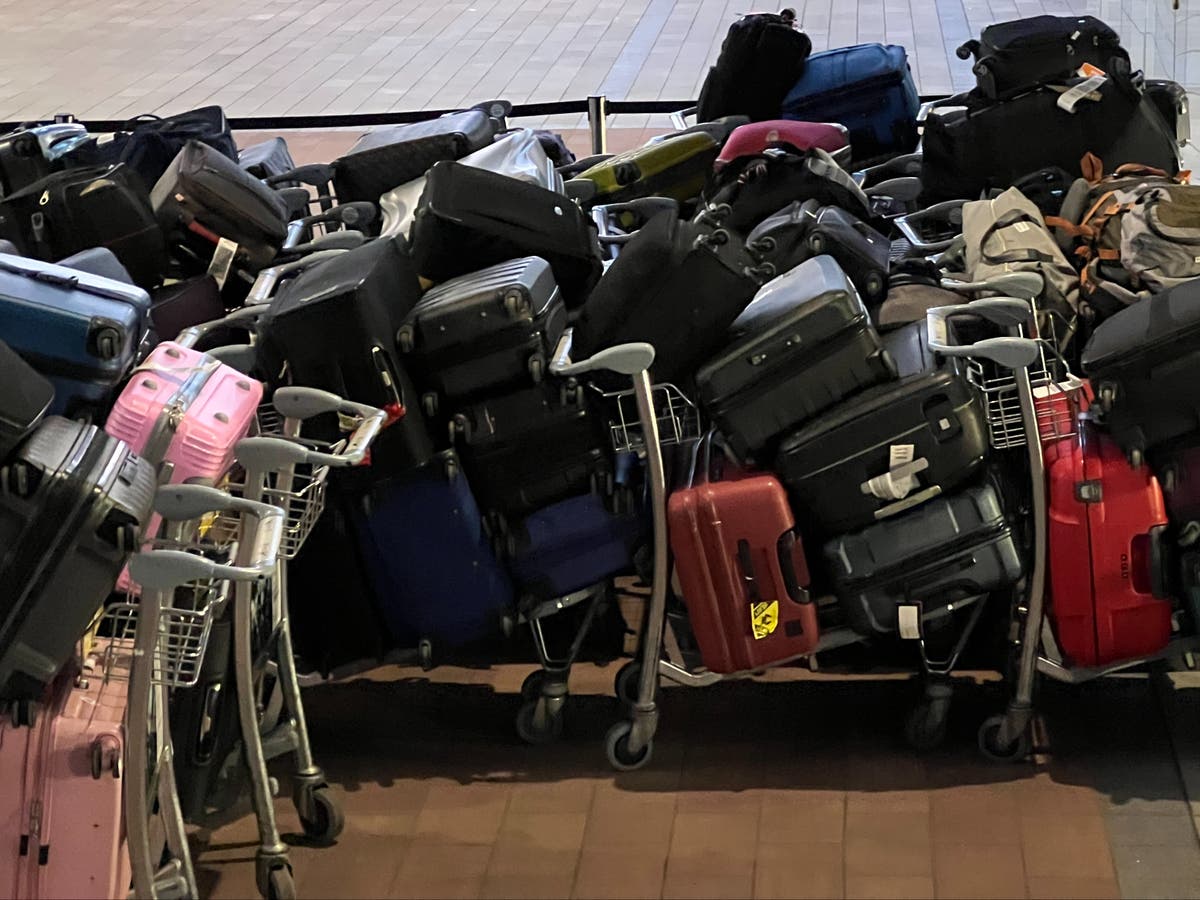This website uses cookies so that we can provide you with the best user experience possible. Cookie information is stored in your browser and performs functions such as recognising you when you return to our website and helping our team to understand which sections of the website you find most interesting and useful.

Criminals have been trying to scam British Airways passengers who try to contact the airline on Twitter to raise issues of concern.
One customer who fell victim to the fraud but has apparently yet to realise it pleaded: “Can someone call me and explain why I had to pay for a luggage that the airline did not send to its destination?”
Some passengers frustrated by lost luggage and delayed refunds have been tweeting BA about their issues, using the official account @British_Airways.
Fraudsters set up an unofficial scam account, “@CareBritish”, and responded to tweets from travellers.
The Independent was alerted by a reader who said: “I’m trying to get in touch with British Airways on Twitter. I have been contacted by @CareBritish asking me for contact details.
“It feels fake: do you know if it’s genuine?”
Investigation showed this to be a malicious scam carried out using a Twitter account that has now been suspended.
The method employed by the criminals was to respond to tweets from anxious travellers.
The scammers responded to the victims using an account, in this case @CareBritish, that some passengers found plausible.
They asked for contact details, and then concocted a preposterous story – claiming passengers whose luggage is missing must pay for it to be sent to them.
No airline would ask for payment for delivering misrouted baggage.
The scammers specify that payment must be by bank transfer. Although they ask for the money to be transferred through a legitimate foreign exchange company, the transaction is equivalent to handing over cash to someone you have never met.
If the desperate passenger complies, then predictably the baggage does not appear. Instead the criminals step up their attack – explaining that further problems have arisen, and asking the victim to transfer more money.
As with most scams, there are tell-tale signs that not all is above board. In one case The Independent looked at, a British Airways passenger living in Mexico, whose bag had failed to appear at New York JFK, was told their bag had mysteriously been flown from a different NYC airport, La Guardia, to Dallas-Fort Worth.
Someone calling himself “Martin from BA” wrote on Twitter that the luggage could be recovered – but only if the passenger transferred 22,458 Kenyan shillings (£150) to a person living in Nakuru, Kenya.
That is not a normal request from a UK airline about baggage that is supposedly in the US and belongs to a Mexican passenger.
The scammers are happy to pick up any victims they can. A Romanian passenger who tweeted the official BA account to enquire about adding extra baggage to an existing booking was contacted by @CareBritish.
He obediently passed on his phone number – as did several other travellers, all broadcasting their contact details to the criminal fraternity.
The scale of disruption in 2022 means that more people than ever are contacting airlines on Twitter and other platforms.
An airline will never ask a traveller to share personal information on social media. They may invite unhappy passengers to liaise with them by direct message (DM), but this only be done to a Twitter account with a blue tick – certifying that it is a social media account belonging to a trusted organisation.
The social media company warns prospective scammers: “You may not use Twitter’s services to deceive others into sending you money or personal financial information via scam tactics, phishing, or otherwise fraudulent or deceptive methods.”



 Africana55 Radio
Africana55 Radio 
